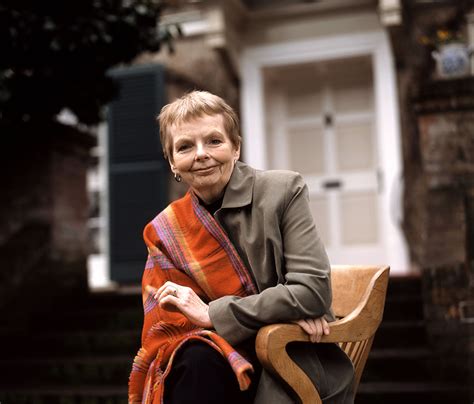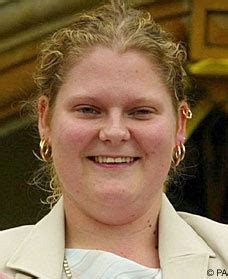A Quote by Carol Shields
This is why I read novels: so I can escape my own unrelenting monologue.
Related Quotes
Boredom has been used as a technique, it is a device. In Zen, boredom is used as a device: you are bored to death, and you are not allowed to escape. You are not to go outside, you are not to entertain yourself, you are not to do, you are not to talk, you are not to read novels and detective stories. No thrill. No possibility to escape anywhere.
Faced with today's problems and disappointments , many people will try to escape from their responsibility. Escape in selfishness, escape in sexual pleasure, escape in drugs, escape in violence, escape in indifference and cynical attitudes. I propose to you the option of love, which is the opposite of escape.






































